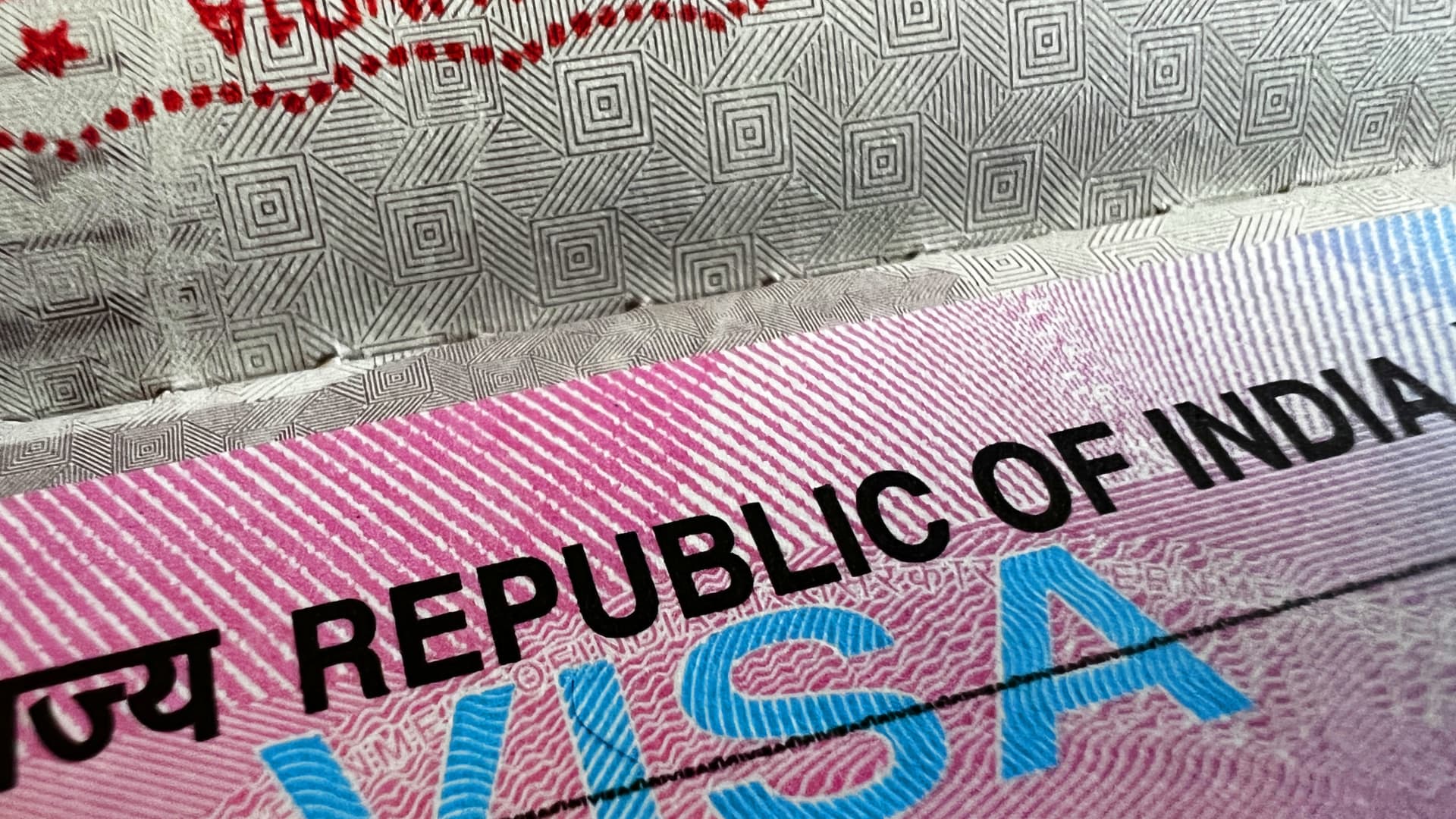India suspended visa applications in Canada on Thursday, escalating the festering diplomatic crisis between the two countries.
The recent feud was sparked by the Canadian government’s announcement of “credible allegations” the Indian government orchestrated the extra-judicial slaying of a Sikh separatist in Canada.
The move will curtail India travel for Canada-based applicants and follows a travel advisory urging Indian nationals to “exercise utmost caution” while traveling in Canada and a reciprocal expulsion of senior diplomats. New Delhi had slammed Canadian Prime Minister Justin Trudeau’s claims as “baseless” and “absurd” and accused Ottawa of being sympathetic to anti-India causes.
“Important notice from India Mission. Due to operational reasons, with effect from 21 September 2023, Indian visa services have been suspended till further notice,” a ticker announcement on the website of BLS International, a third-party service provider acting on behalf of the Indian government in Canada, said Thursday.
India’s Ministry of External Affairs and Canada’s High Commission in India were not immediately available to respond to CNBC requests for comment.
Canada’s closest allies — Australia, United Kingdom and the United States — have articulated their concern regarding the deepening bilateral crisis. If allegations are true, this may well derail the U.S. courtship of India as a partner in a broader Indo-Pacific strategy aimed at countering China.
As it stands, Canada halted trade talks with India ahead of the recent Group of 20 nations leaders’ summit in Delhi, where Trudeau said he raised the issue with his Indian counterpart, Prime Minister Narendra Modi.
Sikh separatist Hardeep Singh Nijjar was reportedly helping to organize an unofficial global referendum among the Sikh diaspora when he was killed on June 18 by two masked gunmen in the parking lot of the Guru Nanak Sikh Gurdwara, the Sikh temple in Surrey, British Columbia, where he was president.
New Delhi had labeled him a terrorist in 2020, accusing him of plotting multiple targeted murders through the years, charges that Nijjar had denied. He had settled in suburban Vancouver and ran a plumbing business after apparently first migrating from India in the 1990s and gaining citizenship in March 2015.
While Canada views peaceful Sikh activism as part of free expression, India views Canada’s continued tolerance as an endorsement of Sikh separatism that it regards as an infringement on its domestic affairs.
Under the leadership of the Congress Party, India eventually crushed the bloody insurgency that shook the country in the 1970s and 1980s when the minority Sikhs agitated for an independent Sikh homeland in the northern Indian state of Punjab, claiming thousands of lives in the process. Sikh bodyguards were convicted of the 1984 assassination of then-Prime Minister Indira Gandhi.
—CNBC’s Naman Tandon contributed to this article.
